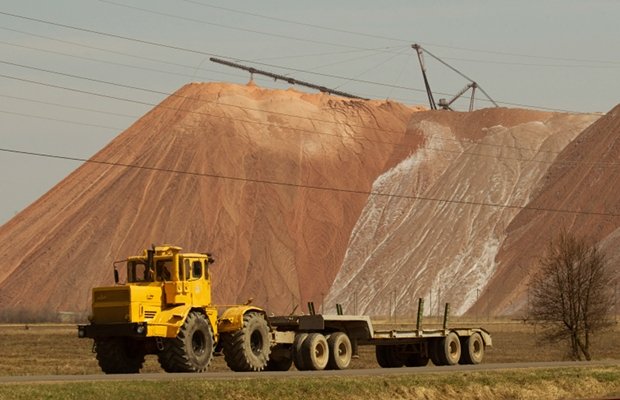Global fertiliser prices forecast to plunge as Russian potash cartel breaks down

The break-up of a Russian potash cartel could spark a global price war among fertiliser producers, its chief executive has said.
Uralkali pulled out of the Belarus Potash Corporation (BPC) after accusing its partner Belaruskali – which controls around 47 per cent of the global potash market – of selling fertiliser outside of the marketing agreement. The BPC, along with North America’s Canpotex controlled the global potash market before the break up.
Chief executive Vladislav Baumgerner thinks the move could send global potash prices falling to around $300 per tonne in the second half of the year from its current $400 per tonne as eastern European companies opportunistically cut prices to seize market share.
“We expect competition to become stronger – that will push prices down,” said Baumgertner, whose company has also announced a supply contract with a Chinese importer to supply 500,000 tonnes through the end of the year.
Anticipating share price volatility, he added Uralkali has frozen a planned $1.6bn buyback programme and won’t make a tender offer for its stock by the end of the year. As of 22 July 2013, the company had purchased $1.25bn shares from the market.
Shares in Uralkali fell by a quarter on the news, while German producer K+S Group lost 23 per cent and Sirius Minerals 13 per cent. US-listed company PotashCorp opened down 23 per cent and Agrium opened down eight per cent. A short-sell restriction has been placed on Mosaic, Compass Minerals & Intrepid Potash until 31 July at 20:00.
And mining giant BHP Billiton is expected to decide shortly on whether or not to commit to the potash market with a billion dollar investment in developing a mine in Canada. PotashCorp said earlier this month it expects global demand to grow by five per cent this year to 56m tonnes.